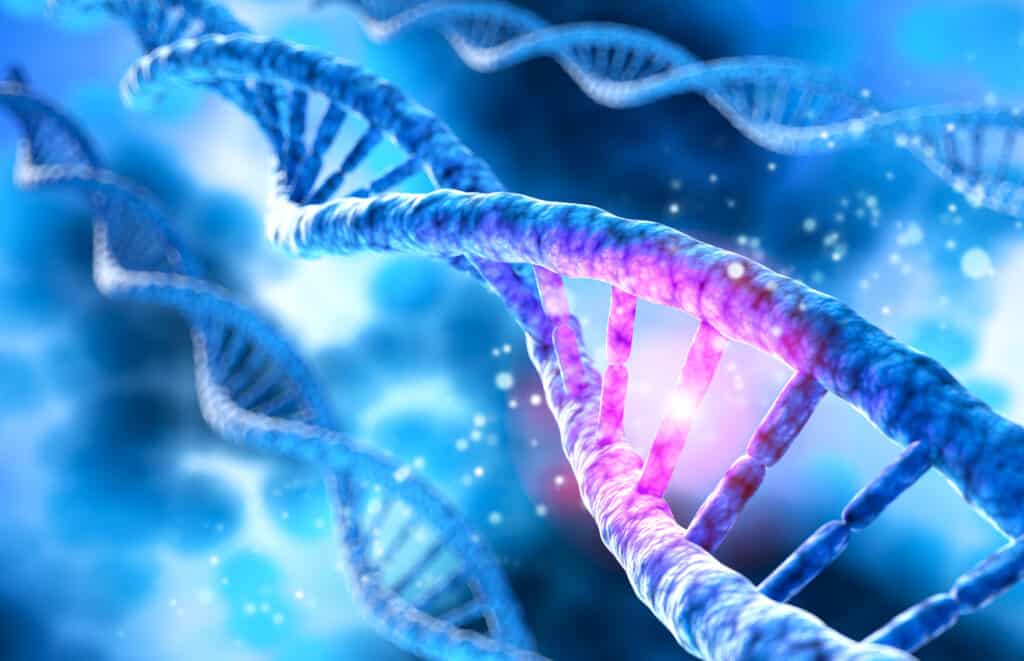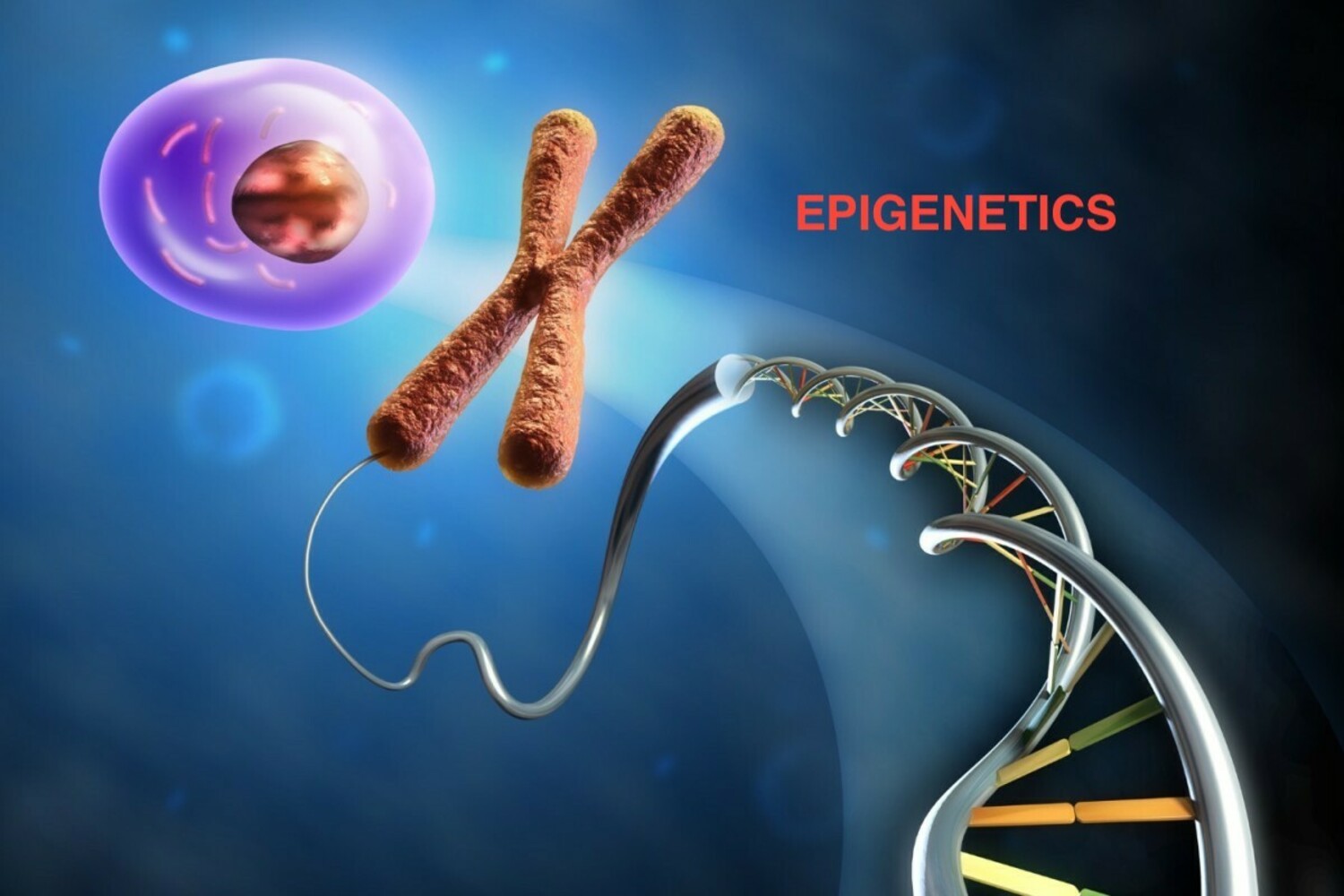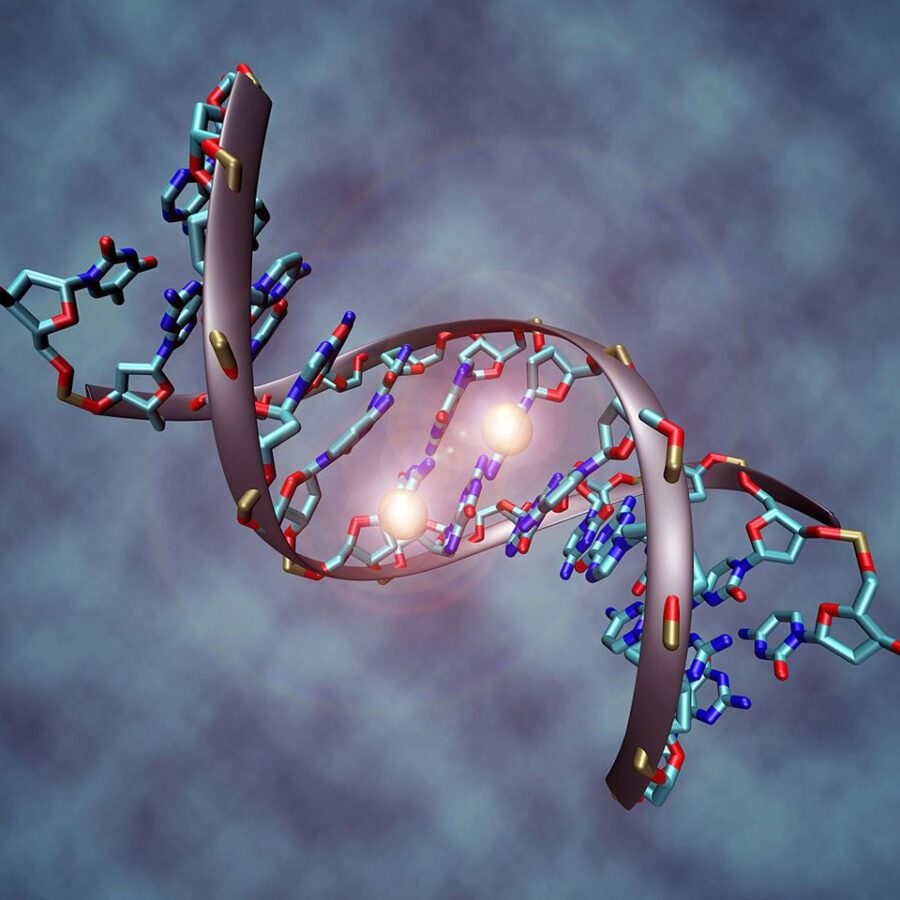Understanding Epigenetics: Unlocking the God-created Secrets of Genetic Expression – Understanding the Turn-On Mechanism of Genes in Our DNA
Prof. Aécio D’Silva, Ph.D
AquaUniversity
Explore the fascinating realm of epigenetics and learn how it influences our genes, shaping our development and impacting our health and well-being
Epigenetics – A new field of study called “epigenetics” demonstrates how environmental factors, such as childhood experiences, truly affect how genes are expressed. Consequently, the dated notion that genes are “set in stone” has been debunked. The debate over nature versus nurture is over. We’re almost always both!
Epigenetics, the study of heritable changes in gene activity without alterations to the DNA sequence, has revolutionized our understanding of genetics. It reveals the intricate layers of genetic regulation that extend beyond the static blueprint of our DNA. In simpler terms, epigenetics explore how our genes are expressed or “turned on” and how they respond to environmental factors, lifestyle choices, and experiences.
The Epigenetic Landscape: A Symphony of Molecular Tags
At the core of epigenetics lies a complex molecular language that orchestrates gene expression. Epigenetic modifications act as “tags” on our DNA, dictating which genes are activated or silenced. Two primary epigenetic mechanisms stand out: DNA methylation and histone modification.
DNA methylation involves the addition of a methyl group to the DNA molecule, which can effectively silence gene expression. It serves as a regulatory switch, determining which genes are active and which remain dormant. By attaching or detaching these methyl groups, cells can control the activation or inactivation of specific genes, thus shaping the course of our development and health.
Environmental Influences: Impacting Generations to Come
Epigenetics teaches us that our genes are not solely predetermined at birth. They are also influenced by our environment, lifestyle choices, and experiences. Environmental factors such as diet, stress, toxins, and even social interactions can leave an epigenetic mark, altering gene expression patterns that can be passed on to future generations.
For instance, studies have shown that a mother’s nutrition during pregnancy can impact the epigenetic marks on her baby’s genes. Poor nutrition may result in altered gene expression, potentially predisposing the child to health conditions later in life. Similarly, exposure to stress or harmful substances can induce epigenetic changes, contributing to the development of various diseases.
Epigenetics and Disease: Connecting the Dots
Epigenetics plays a crucial role in understanding the origin and progression of numerous diseases. It offers insights into why certain individuals may be more susceptible to specific health conditions.
Researchers have discovered that epigenetic alterations can be associated with diseases like cancer, diabetes, and mental disorders. Understanding these modifications can help identify potential therapeutic targets and develop personalized treatment strategies. Epigenetic therapies are being explored as promising avenues to reverse or mitigate disease-associated epigenetic changes, opening new frontiers in precision medicine.
Unlocking Our Potential: Epigenetics and Personal Empowerment
Epigenetics empower us by showcasing that we have the ability to influence our genetic destiny through our choices and actions.
We can positively impact our epigenetic marks by making conscious lifestyle choices, such as maintaining a healthy diet, exercising regularly, managing stress, and avoiding harmful environmental exposures. Small changes can have profound effects on gene expression, potentially reducing the risk of certain diseases and enhancing overall well-being. Embracing this knowledge, we can take charge of our health and make informed decisions to shape our genetic expression.
Concluding, epigenetics has unveiled a captivating dimension of genetic regulation, illustrating how our genes interact with the environment. It highlights v, constantly responding to external cues. By comprehending the language of epigenetics, we gain a deeper understanding of our own potential and the role we play in shaping our genetic destiny.
References:
Jirtle, R.L. and Skinner, M.K., 2007. Environmental epigenomics and disease susceptibility. Nature reviews genetics, 8(4), pp.253-262.



